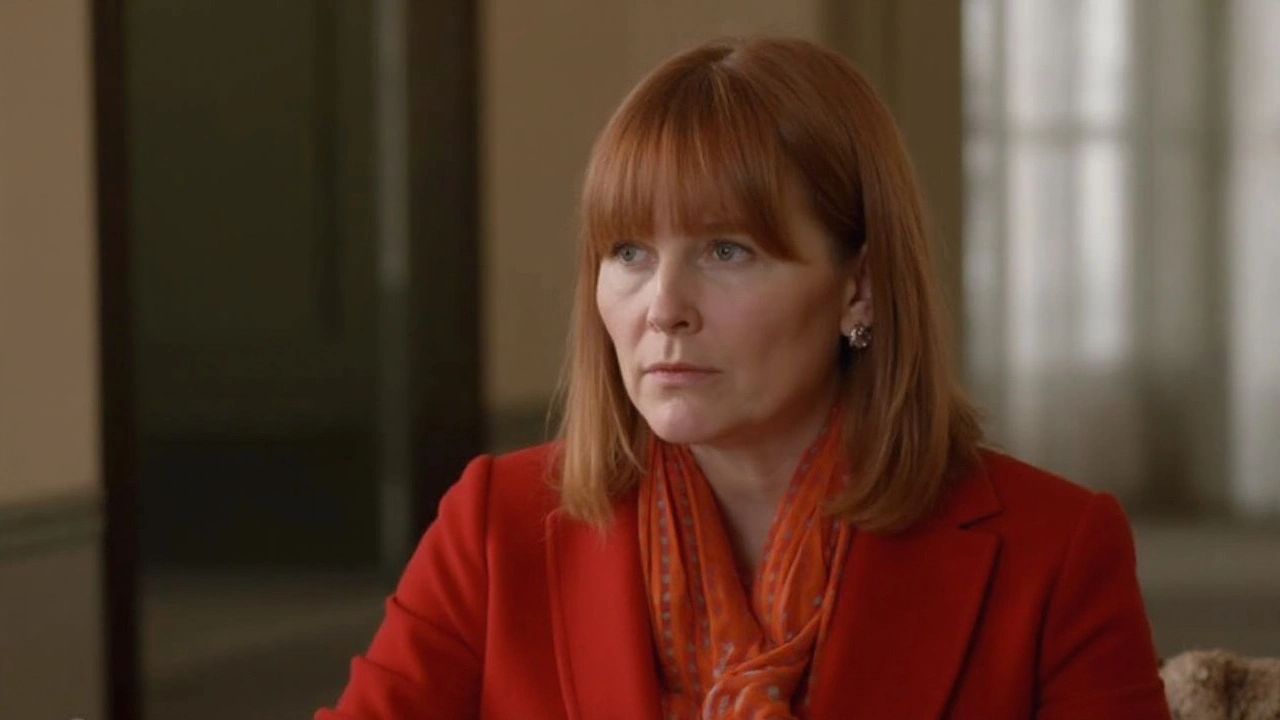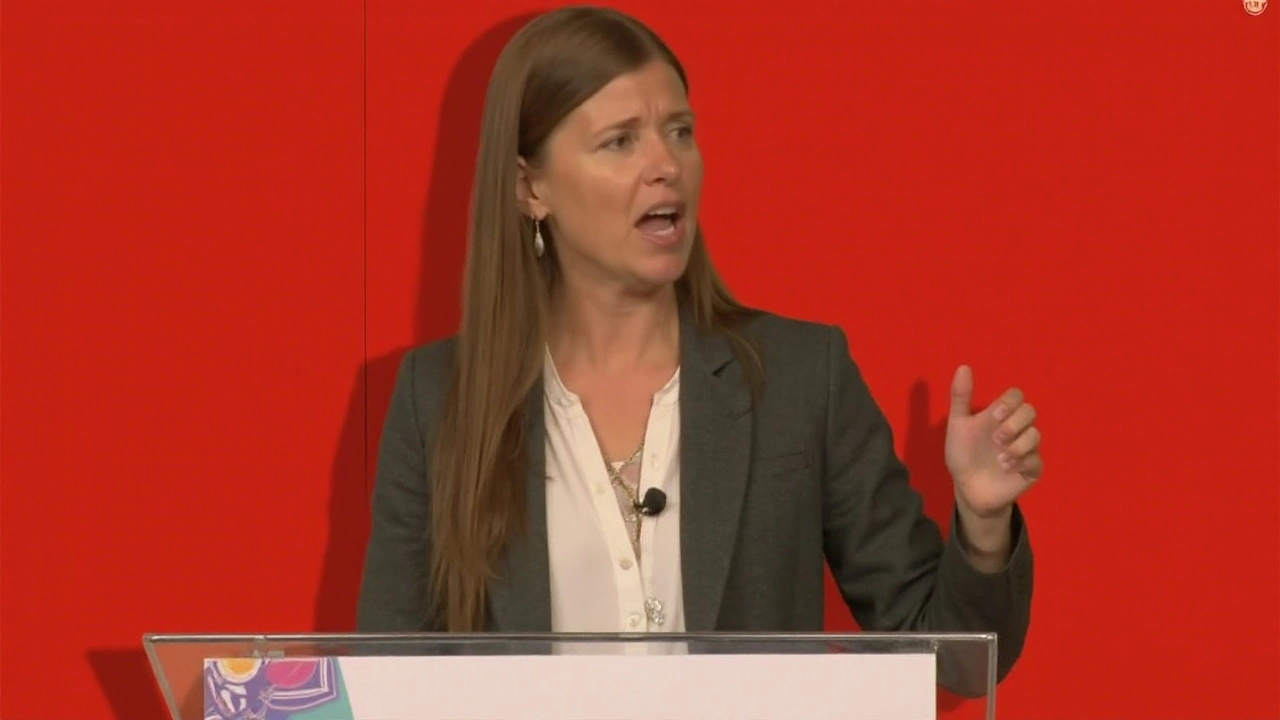
Angela Rayner steps down after stamp duty row forces ministerial code breach
A rare thing in modern British politics happened today: a sitting Deputy Prime Minister resigned over a tax error. Angela Rayner quit after an official investigation concluded she breached the ministerial code by underpaying stamp duty on a property in Hove and failing to seek specialist tax advice. Prime Minister Sir Keir Starmer accepted her resignation “with real sadness,” calling her a true friend and a key partner in government. David Lammy, until now Foreign Secretary, moves into the Deputy PM role as part of a reshuffle that Labour figures are already calling the start of “Phase Two.”
The report into Rayner’s conduct was nuanced. It said she acted with integrity and did not set out to mislead, but still fell short of the standards required of ministers by not getting expert guidance at the point of the transaction. In the ministerial code, process matters as much as outcomes: when there’s a risk of a conflict or a complex personal financial issue, ministers are expected to get independent advice and be able to show they did.
The politics are brutal. Tax issues cut through with voters because they signal fairness and judgment. Even inadvertent mistakes carry heavy weight when the person involved holds one of the highest offices in the land. Rayner’s team has long argued she believed she had complied and would rectify any discrepancy. The inquiry’s bottom line, though, is that intent doesn’t erase responsibility—and that’s where the code bites.
Stamp duty is complicated and often trips people up. It’s a tax paid on property purchases in England and Northern Ireland, with different rates depending on the price and whether the buyer already owns another home. Small changes in circumstances can alter what is owed—especially the 3% surcharge on additional homes or questions about main residence status. The investigation did not accuse Rayner of evasion; it highlighted that she should have sought formal, expert advice before proceeding.
Rayner’s exit leaves a political hole. She has been one of Labour’s most prominent figures, rooted in the trade union movement and able to speak to parts of the country the party lost years ago. For Starmer, she added ballast on the left of the party and gave grit to a leadership sometimes accused by critics of being overly managerial. Losing that voice at the top table is a setback—even if the relationship between the two remains intact.

What the inquiry found—and what it means for Labour
The government’s independent adviser on ministerial interests concluded that Rayner breached the code on the grounds of due diligence rather than intent. The report’s language mattered: it credited her integrity but said the role requires a higher bar—especially on personal financial affairs where conflicts of interest, or the appearance of them, can arise. Ministers are expected to minimise such risks by seeking professional advice and documenting it. Rayner didn’t do that, and the assessor said the omission was enough to warrant accountability.
Starmer’s response tried to do two things at once: show respect for the rules, and show respect for his deputy. His handwritten note spoke of sadness and friendship, but he didn’t contest the finding. That’s consistent with the message Labour has pushed in government—clean standards, no special pleading. The optics are tough, but they are also part of the brand Starmer has tried to build.
The immediate aftermath is a reshuffle that puts David Lammy in the Deputy PM chair. That is a significant move inside a government still settling into office. Lammy is already a heavyweight and has been central to Labour’s foreign policy reset. Holding the deputy brief will push him deeper into domestic coordination and the day-to-day of delivering the government’s priorities. Policy-watchers are calling this shift the start of “Phase Two,” shorthand for a tighter focus on delivery after a long stretch dominated by firefighting and early resets.
Inside Labour, all eyes turn to Rayner’s other job: deputy leader of the party. She has not resigned that role. Under the party’s rules, the position is elected by members, not appointed by the leader, and any contest would require her to step down voluntarily or trigger a formal process. Allies think she’ll weigh her next move carefully. If she stays, she remains a powerful figure with grassroots clout and media reach. If she goes, it opens up a high-stakes election that could reshape Labour’s internal balance for years.
There’s also the question of how she uses the backbenches. Some politicians fade after leaving government; others find a new gear. Rayner has the instincts of a campaigner and isn’t short of profile. If she chooses to rebuild outside government, she could become a focal point for the party’s left, press the leadership on workers’ rights and housing, and remain a regular voice on national issues. That would be awkward for No. 10 at times, but it could also keep the party’s wider coalition engaged.
The broader lesson is about how ministers navigate personal finances in public life. The bar isn’t just paying the correct tax; it’s being able to show that you took proper steps to get it right. That means formal advice, documented decisions, and transparency when questions arise. It’s a high standard by design. When things go wrong, the political cost isn’t just individual; it shakes public trust in the system.
For the government, the task now is to stabilise. The cabinet changes will ripple through Whitehall as portfolios are rebalanced and priorities re-sequenced. Rayner’s policy briefs—especially around housing, local government, and workers’ rights—will need new champions. Labour’s supporters will want reassurance that the agenda doesn’t stall and that the message of clean government, central to its pitch, remains intact.
For Rayner, the path forward runs through credibility. She has said she acted in good faith and would correct any tax discrepancy. The report’s finding—breach without bad intent—gives her some ground to stand on. But the public eye is unforgiving. If she chooses to fight for her political future from outside government, expect her to lean on the strengths that got her to the top in the first place: straight-talking, union roots, and an instinct for what cuts through beyond Westminster.
The phrase that will stick is the simplest one: accountability. A Deputy Prime Minister has resigned over stamp duty, and it happened not because the bill was the largest, but because the rules expect those at the top to show their workings. That’s the difference between ordinary life and high office. And that’s why the Angela Rayner resignation will echo through Labour’s next phase, shaping who has a voice at the table—and who speaks from the back row.